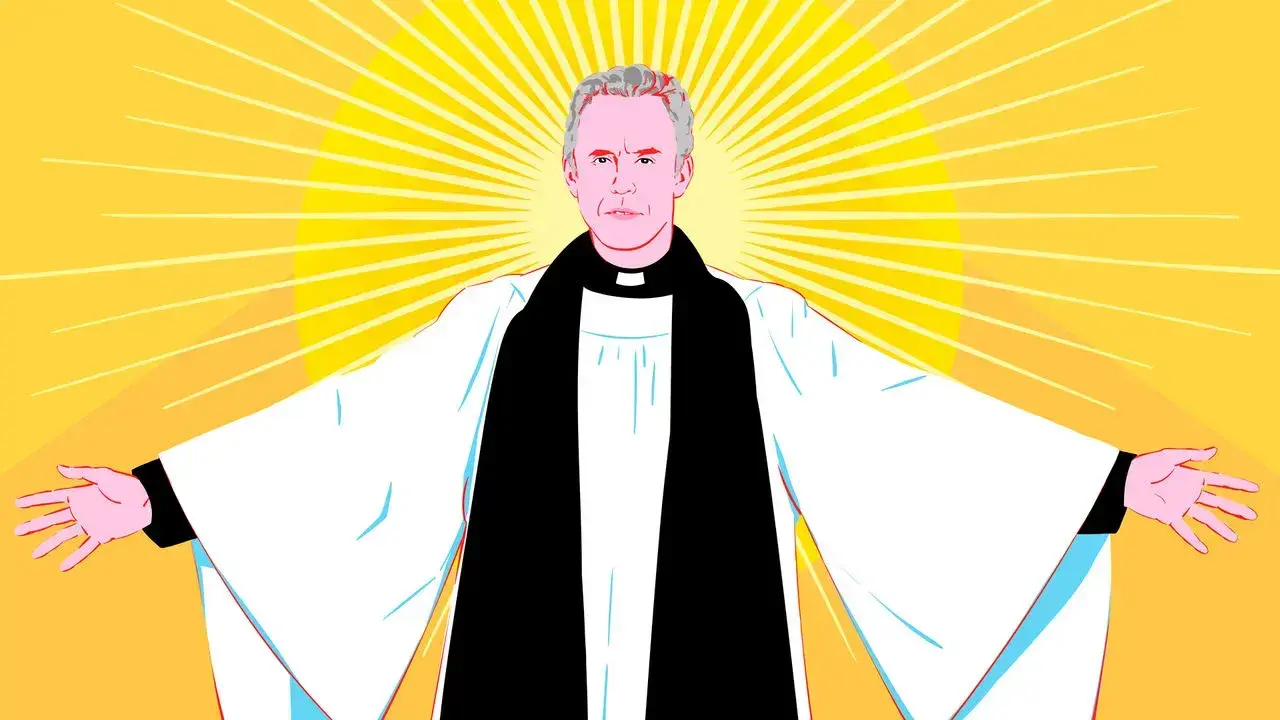PART I of II
The Cult of Jordan Peterson: What the Canadian Intellectual Gets Right About Young Men
The Economist
November 19, 2024
I wouldn’t normally write a review of a review—but when it offers an opportunity for enlightenment and amusement it is hard to pass up.
The recent review in The Economist unwittingly makes the point. The magazine writes about Peterson’s recent book as if it is a scientist inspecting a foreign object. It doesn’t know where to begin. It doesn’t understand it. In trying to explain it, it simply reveals its own shortcomings and biases.
The review is not insightful, but rather sad, pitiful, and petty. The fact that they don’t understand Jordan Peterson shows how far out of touch they are.
The review references his talk in New York: it was a “sermon,” to a “congregation of fans.” Further, “Mr. Peterson’s new book is as old-fashioned as his appearance.” Finally, at the end of his presentation, “His audience scurried into the November night, looking absolutely delighted.”
The underlying assumption is to portray Peterson as an outgrowth of a small segment of society—disenfranchised young men—who are part of his “fandom.” These are apparently unthinking young men, who are used to relying on brawn and not brains, and thus The Economist believes they are being left behind.
The Economist focuses on petty items like the fact that Jordan Peterson cries during his presentations and that he sells merchandise (see The Economist Shop). The Economist is unaware of the self-help industry roadmap, perfected by Tony Robbins, Brian Tracy, and Robin Sharma. This is nothing new.
The Economist talks about Peterson in terms of “love him or loath him.” They fall into the intellectually vacuous trap of a simple bifurcation. The reality is that many people are in the middle, tired of woke ideology and welcome another perspective. To be clear, they don’t necessarily embrace or adore this perspective, but they want to hear it.
The Economist, like much of the woke movement, is self-righteous and convinced of the validity of its view. Thus it can’t understand the appeal of Jordan Peterson. They point out the warts, but there is still something driving his appeal.
Part of Peterson's appeal is that he has taken on the abuse to stand up for his beliefs. And he has gained sufficient traction where he can’t be marginalized—in some quarters, yes, like the hallways of The Economist, but not in the mainstream with one billion YouTube views.
Part of The Economist’s approach to undermine his credibility is to state that Peterson fell out of favour at the University of Toronto and was forced to resign. In a perverse way, that is a badge of honour. Universities in the past decade have lost centuries of credibility, starting with debacles at Harvard and Columbia.
The Economist says, “Millions despise him.” The proof is the disapproval of professors at the University of Toronto. Wow, good one!
Read this compelling logic: “Millions despise him. In 2017 academics at the University of Toronto signed an open letter to take away his tenure, in part because he objected to being required by law to use gender-neutral pronouns. He later resigned.” This is not brilliant logic on behalf of The Economist. The supporting proof is a cluster of intellectually lockstep academics.
Read our full review of Jordan Peterson's recent book:

